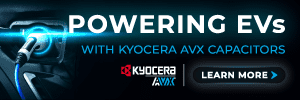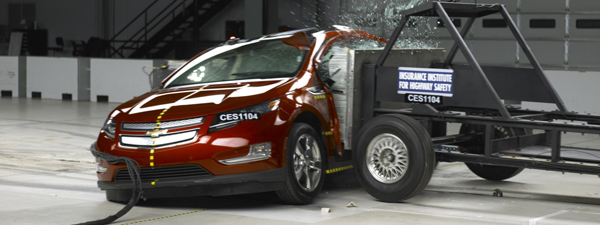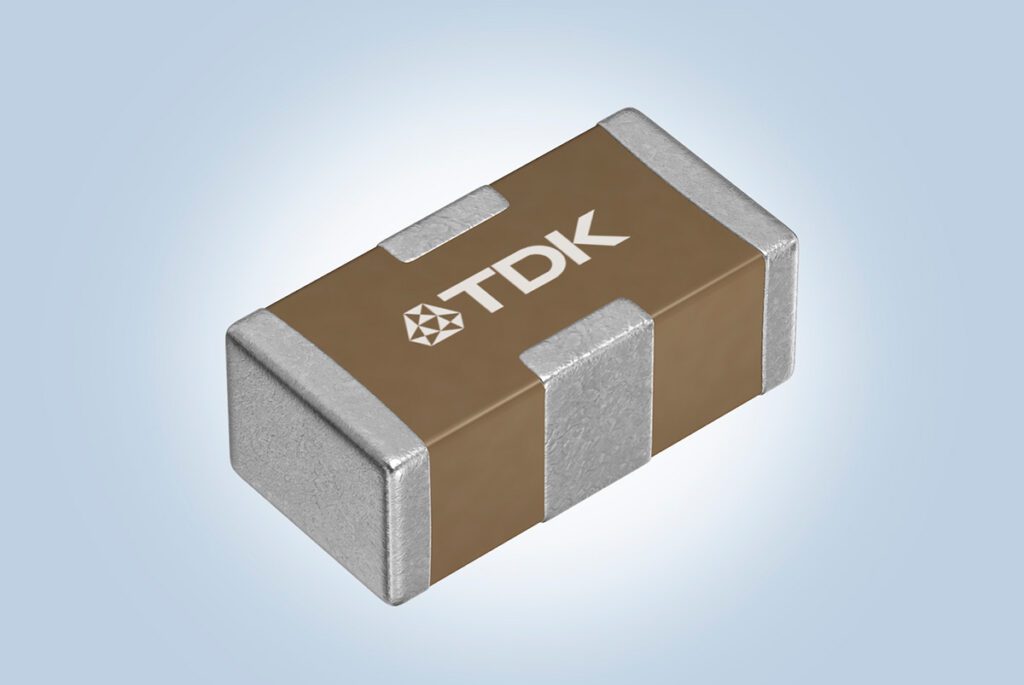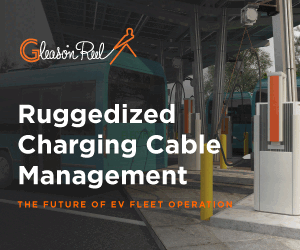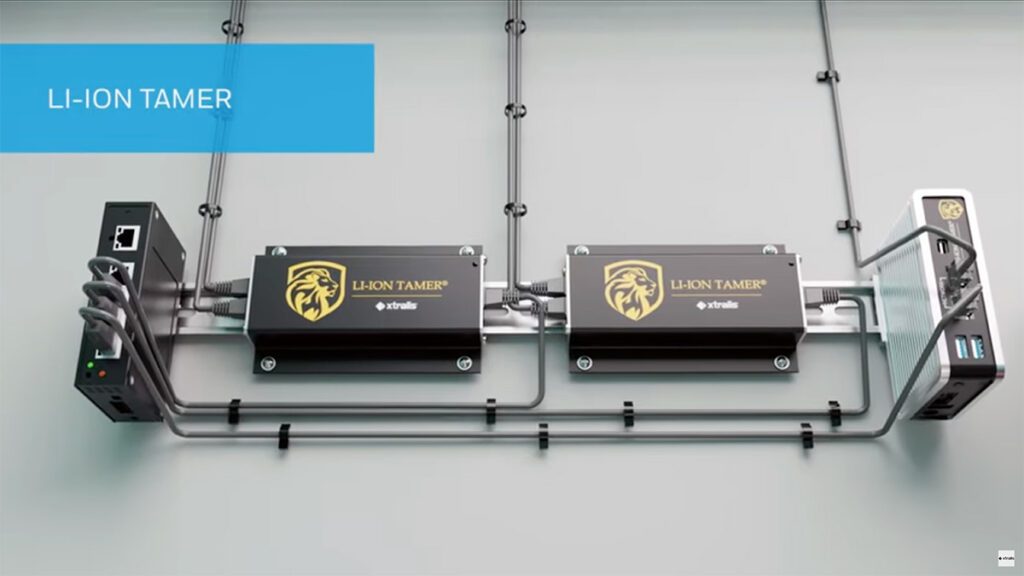The National Highway Traffic Safety Administration reports that a Volt caught fire in May, three weeks after going through a crash test.
It’s all over for EVs, the doubters were right, we’re closing up shop and going home to eat worms. Well, actually things aren’t that dire, but GM execs must have had some anxious times since they heard the news that a Volt caught fire in May, three weeks after going through a crash test. Batteries that burst into flame are every EV engineer’s nightmare – in years past, before the lordship of lithium-ion technology, flammability fears doomed several other once-promising battery formulations.
The National Highway Traffic Safety Administration had put this particular Volt through a side-impact crash that cracked the battery pack and caused fluid to leak out. A GM spokesman claimed that had the agency followed proper safety procedures, which include fully discharging the battery after a crash, there would have been no fire. GM and the NHTSA have both replicated the crash test without any more fiery surprises.
The NHTSA is investigating the incident, and has asked GM and other EV makers for more information about their batteries, Bloomberg reported today. So far, they don’t seem to be afraid that EVs are any more prone to fire than gas-powered cars, but are simply looking for ways to minimize the risks.
“NHTSA is focused on identifying the best ways to ensure that consumers and emergency responders are aware of any risks they may encounter in electric vehicles in post-crash situations,” said an agency spokesman. “Ultimately, we hope the information we gather will lay the groundwork for detailed guidance for first-responders and tow truck operators for use in their work responding to incidents involving these vehicles.”
Image: Insurance Institute for Highway Safety






